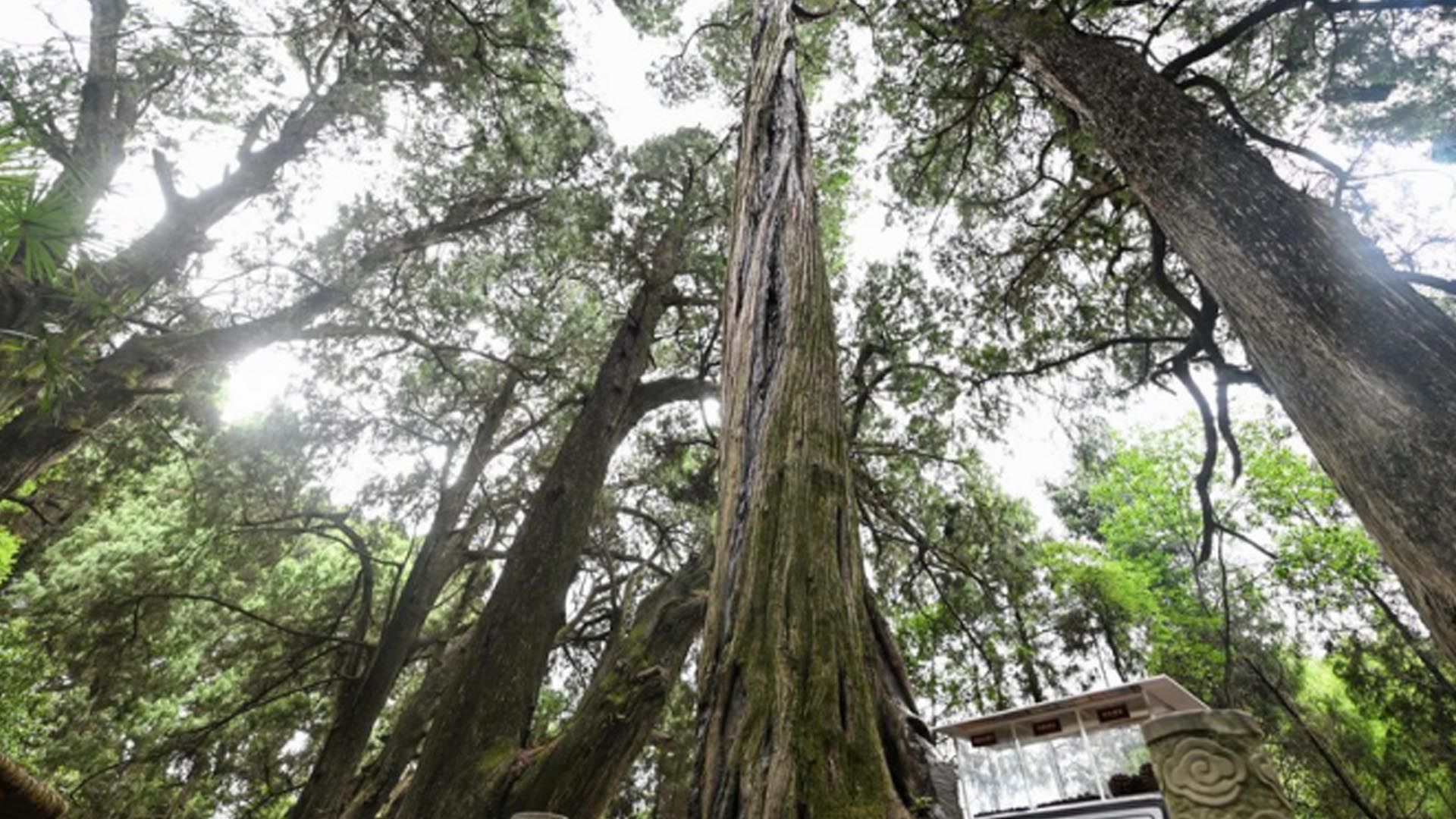Trees may release far less carbon dioxide (CO2) under future climate warming than previously thought, potentially easing fears of runaway emissions from forests, a major international study has revealed.
The study offers new insights into how trees respond to rising temperatures. The team analyzed thousands of measurements of stem respiration, the process by which trees release CO2, from hundreds of tree species across all major climate zones, a press release from the Western Sydney University said on Friday.
The study, published in Science, challenges long-standing assumptions.
It suggests that, contrary to what most global models have assumed, the short-term responses of trees to temperature do not necessarily apply over the long term. Instead, the data indicate that trees gradually adjust to rising temperatures, and this thermal acclimation helps reduce the anticipated increase in CO2 emissions, the release said.
Trees respire to generate energy, releasing CO2 in the process. Stem respiration is a key component of the global carbon cycle, and until now, scientists believed that warming would sharply increase emissions from forests, further accelerating climate change, according to the study led by researchers at China’s Tsinghua University and involving scientists from the Western Sydney University, Imperial College London, among others.
“This is likely true, but this latest research reveals that carbon fluxes under warmer future climates will not increase as much as currently thought,” said Distinguished Professor Ian Wright, chief scientist at the Western Sydney University’s Hawkesbury Institute for the Environment.
The research draws on a global dataset, including data from Australian savannas, rainforests, and woodlands collected over the past decade, the release said, adding that the findings offer hope that forests may play a more resilient role than expected in regulating Earth’s climate. (PNA)







